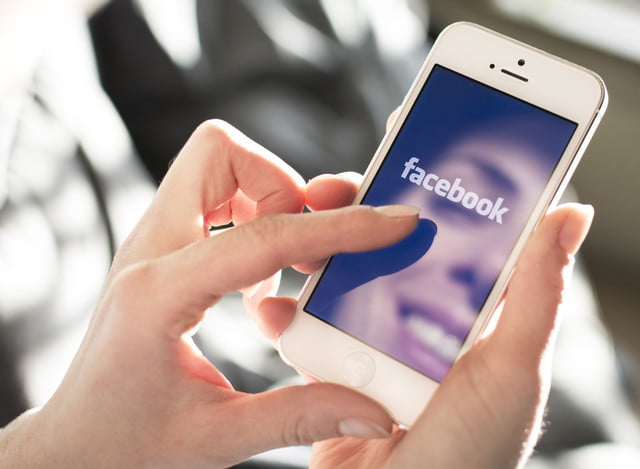
NEW! Facebook working on a facial recognition feature to help secure your account
h/t Devesh Logendran pic.twitter.com/demol4dKj1
— Matt Navarra ⭐️ (@MattNavarra) September 29, 2017
Online security has been a hot topic as of late, especially with major breaches like those affecting Equifax and Deloitte in the last few weeks. And while Facebook already has certain measures in place like two-factor authentication, the facial recognition bit could be the most straightforward method yet.
Facebook has confirmed that it is indeed testing such a feature, telling TechCrunch, “We are testing a new feature for people who want to quickly and easily verify account ownership during the account recovery process. This optional feature is available only on devices you’ve already used to log in. It is another step, alongside two-factor authentication via SMS, that were taking to make sure account owners can confirm their identity.”
As ever, Facebook is testing this new functionality first with a select group of users, and if it proves popular and/or useful, the company could roll it out to a wider swath of its user base. They’ll have to first confirm, naturally, that it is foolproof. After all, if a hacker needs only to hold a picture up to the camera in order to bypass the test, then it’s not exactly serving its purpose.
Facial recognition software isn’t exactly new to Facebook either. Most users are familiar with the suggested tags functionality in the platform, which hasn’t always been the most popular feature. That said, this particular application could prove less alarming to folks — after all, it’s meant to be used exclusively for security purposes, and could make hacking your account significantly more difficult than before.
Editors' Recommendations
- Are WhatsApp and Facebook down? Here’s what you need to know
- This is the first thing you need to do when you get your Galaxy S24
- Have the Android 14 beta on your Pixel? You need to download this update now
- How to get your share of Facebook’s $750M settlement
- Are your Instagram comments not showing up? You’re not alone

